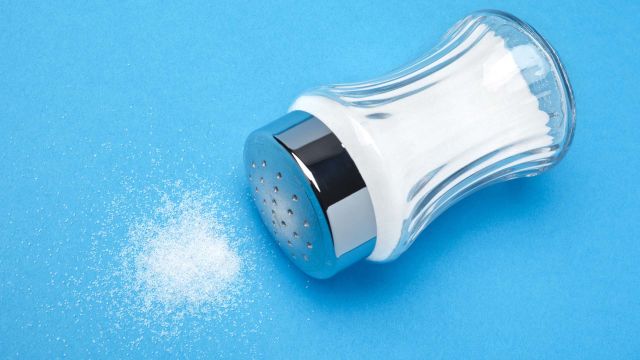Immunoglobulin A nephropathy (IgA nephropathy) is an autoimmune disease that causes inflammation and damage in the delicate structures of the kidneys. Over time, it can cause the kidneys to function less well, and lead to problems and complications like blood and protein in the urine, elevated blood pressure, edema, infections, and in some cases, kidney failure.
While there is no cure for IgA nephropathy, there are numerous therapies that can help slow the progression of the disease, as well as therapies that can help address symptoms and complications.
Making changes to the foods and beverages you consume can also be an important part of treatment when living with IgA nephropathy.
However, this is also a topic where recommendations can vary from one person to the next—which means it’s an important topic to discuss with your healthcare providers.
Your healthcare providers may recommend making changes to everything from how much protein you eat to how much water you consume. Changes like these should always be made under the guidance of a healthcare provider—restricting what you eat or the fluids you consume can cause its own set of complications.
However, there is one nutrient that most Americans consume in excess quantities, that has a well-established linked to blood pressure and kidney health. That nutrient is sodium.
Sodium, blood pressure, and your kidneys
Sodium intake is something that everyone should be paying attention to, regardless of whether they have kidney disease or not. Research shows that most Americans are consuming too much sodium each day. Some of this sodium comes from table salt, but the biggest contributors to this excess intake are prepared or packaged foods that have salt added to them.
The body needs some amount of sodium—it’s an electrolyte that plays an important role in nerve functioning, muscle contractions, and controlling blood volume, all of which play a role in regulating blood pressure. When a person consumes too much salt, it can elevate their blood pressure. For people with an existing health condition—like a form of kidney disease—elevated blood pressure can accelerate the progression of kidney damage. Elevated blood pressure can also damage the cardiovascular system.
Excess sodium intake can also contribute to edema, a buildup of fluid in the body’s tissues. This occurs when elevated blood pressure and/or increased blood volume causes blood vessels to leak fluid into surrounding tissues, causing painful, puffy swelling.
In people with kidney disease, edema typically occurs in the lower legs and around the eyes. But it can also occur in other areas of the body. In addition to being painful, edema can increase the risk of ulcers and infections and cause scarring between layers of tissue.
Work with your healthcare team
When you are living with a chronic condition like IgA nephropathy, it’s important to learn all you can about that condition—how it can affect your health and your body, the therapies and medications that can help manage the condition, and how things like food and nutrition can affect the health of your kidneys.
That said, there is no substitute for working with a healthcare provider. People who are living with IgA nephropathy are advised to work with a registered dietitian (more specifically, a renal dietitian, who specializes in medical nutrition therapy for kidney disease).
A registered dietitian can help you come up with an eating plan that will meet all your nutritional needs—and avoid overworking your kidneys. They can also help you plan meals and snacks around foods that you enjoy.
At the very least, talk to your healthcare providers about the foods you eat, the foods you should be avoiding, and the amount of fluid you should be consuming each day.



